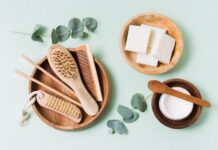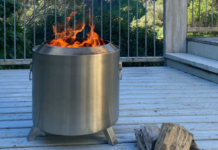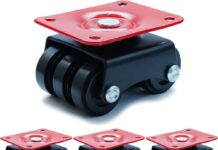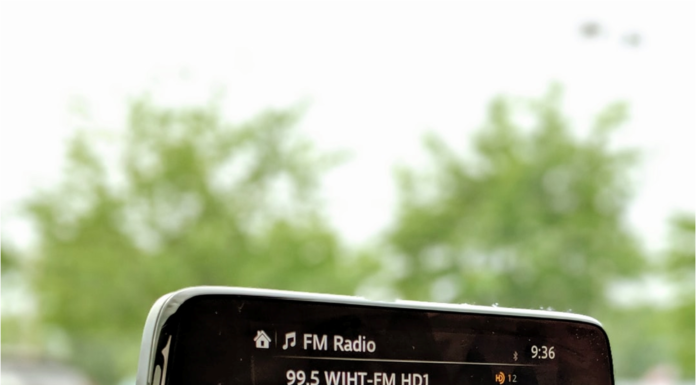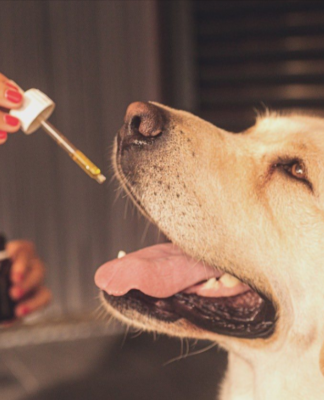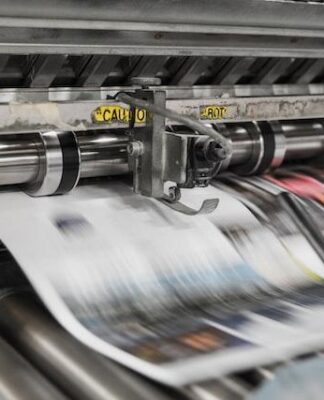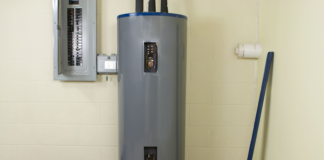If you’re at a cafe and you see that they have matcha drinks on their menu, it’s definitely worth entertaining. Matcha is a delightful surprise that’s packed with antioxidants and is highly nutritious. Many people even consider it to be a perfect coffee replacement.
Matcha is made from green tea leaves that are ground into a fine powder using stone grinders. It contains an amino acid called L-theanine, as well catechins and polyphenols. L-theanine has anti-stress properties that induces a calm effect on your mind and body.
Matcha has been a central part of Japanese culture for centuries. The Japanese tea ceremony, known as chanoyu, revolves around the preparation of matcha.
When comparing matcha to coffee, matcha is very distinct in terms of flavour. It has the same bitter taste and robustness similar to espresso, but has a slight vegetal flavor with lingering umami notes. As for caffeine content, matcha contains significantly lower amounts of caffeine and has a natural sweetness.
Matcha is perfect for espresso lovers because it provides a similar energy boost. While espresso has a high caffeine content, matcha also contains caffeine that’s released more slowly into the body due to the L-theanine present in green tea. This gradual release results in a sustained energy boost, allowing you to feel alert and focused throughout the day.
To prepare matcha in the most authentic and traditional way, you’ll need the proper matcha accessories, such as a ceremonial bowl, matcha whisk, and bamboo scoop. You’ll need to whisk the best matcha powder with hot water using the matcha whisk until it’s frothy and has a smooth consistency. The resulting drink has a slightly sweet and earthy flavor with a smooth finish.
Overall, if you’re looking for a balanced and light beverage, Japanese matcha tea is the clear winner. Conversely, if you’re looking for a drink that’s more bold and acidic, go for coffee, or an espresso-based drink.



